#VolkswagenAg
Readying the Spork: The 2020 Audi Q4
Audi has confirmed its design team has finished applying the finishing touches on the company’s first-ever Q4. Its job will be to tackle the increasingly popular subcompact luxury crossover segment populated by the likes of the Range Rover Evoque and Mercedes-Benz GLA. As such, the German brand will provide its customers with a vehicle that’ll assuredly be marketed as an adventure-ready SUV while still being a luxury-focused tech buffet that handles like a sports car and looks phenomenal.
It’s an interesting situation. Despite the industry’s fierce determination to make premium sedans and SUVs ever more “coupe-like,” nobody seems to be selling legitimate coupes anymore. You don’t see that much with other products. Sporks exist because companies didn’t want to pay to stock twice as many eating utensils, not because people were clamoring for a fork-like spoon.
That might not be a fair comparison, though. While everyone hates the spork, only a small subset of jaded automotive journalists and driving purists feel like crossover vehicles are an unfair compromise. The rest of the population seems to adore them, at least according to the sales statistics, and Audi is trying to tap into everything that’s hot right now with the Q4.
Volkswagen's Dieselgate Still Going Strong in Europe
While Volkswagen’s diesel emission fiasco has died down in the United States, costing the automaker billions before going achieving dormancy, the legal fires burn brightly in Europe. On November 14th, a German court ruled that VW must reimburse the owner of a Golf the full price of the vehicle from when it was purchased in 2012. The decision sets a new precedent, possibly opening the firm to additional expenses via buybacks.
However, Volkswagen AG has claimed around 9,000 judgements have already been made relating to the diesel emissions scandal — most of which resulted in customer complaints being unsupported by district and higher courts. “In our opinion, there is no legal basis for customer complaints [in Europe]. Customers have suffered neither losses nor damages. The vehicles are safe and roadworthy,” VW said.
Volkswagen Will Continue Shelling Out Dieselgate Dough
Even though the United States has already penalized and fined the crap out of Volkswagen for selling vehicles equipped with emissions-cheating defeat devices, the company remains in hot water. Earlier this month, Germany imposed a fine of $1.2 billion over the “dieselgate” scandal.
“Volkswagen accepted the fine and it will not lodge an appeal against it,” the company said. “Volkswagen, by doing so, admits its responsibility for the diesel crisis and considers this as a further major step towards the latter being overcome.”
On Monday, the U.S. Ninth Circuit Court of Appeals also upheld a $10 billion settlement between Volkswagen and the owners of 2.0-liter TDI vehicles that came equipped with the illegal software. The ruling pertains to roughly 475,000 customers. VW agreed to offer owners of the 2.0-liter diesels between $5,100 and $10,000 in compensation, in addition to the value of the vehicle.
VW's Diess Met With Department of Justice and FBI Last Week
Volkswagen’s new chief executive officer, Herbert Diess, is believed to have met with the United States’ Department of Justice and Federal Bureau of Investigation last week to discuss the manufacturer’s emissions scandal. Details on the matter are scare at present, but the meeting would explain why the U.S. was willing to provide the CEO with a safe-passage guarantee.
While VW has previously stated its cooperation in various investigations, it declined to comment on Diess’ alleged visit to federal authorities.
U.S. Gives Volkswagen's New Boss 'Safe Passage' Guarantee
Shortly after the United States formally accused former CEO of Volkswagen Martin Winterkorn of criminal wrongdoing related to the company’s diesel emission scandal, it decided to let the company’s new boss know that he’s safe to visit whenever he likes. The U.S. Justice Department has agreed to give Herbert Diess a safe-passage deal that allows him to travel without fear of being arrested.
Diess was also given the country’s assurance that he’ll be given advance notice if prosecutors eventually decide to charge him over the emissions cheating issue. So far as we know, no such deal exists for his predecessor, Matthias Müller, who replaced Winterkorn in September of 2015.
Germany to Continue Probing Winterkorn and VW, but Does That Mean Anything?
Germany intends to stay on ex-Volkswagen Group CEO Martin Winterkorn after news broke Thursday that the former top executive faces criminal charges in the United States.
The indictment, filed under seal in March, was opened in a U.S. District Court in Detroit on Thursday during VW’s annual meeting in Germany. “If you try to deceive the United States, then you will pay a heavy price,” said U.S. Attorney General Jeff Sessions. “Volkswagen’s scheme to cheat its legal requirements went all the way to the top of the company.”
However, the burden of tangible justice will likely fall on Europe. Germany doesn’t make a habit of extraditing citizens for trial, and it’s still conducting its own investigation into VW Group’s emissions-cheating scandal — which it intends to continue.
“Our investigation strategy does not change just because the Americans have filed charges against Winterkorn,” a spokesman for the prosecutors’ office of Brunswick said on Friday. You’ll have to excuse us for not having much faith Germany’s justice system, as its current strategy appears to involve conducting as many raids as humanly possible without any results.
Volkswagen's Former CEO Finally Charged Over Diesel Cheating Scandal
Former Volkswagen CEO Martin Winterkorn has been charged by U.S. prosecutors with conspiracy and wire fraud, according to an indictment that was unsealed in a Michigan federal court on Thursday. For those of you who have been following the Dieselgate scandal from the beginning, this has been a long time coming.
Winterkorn has been at the epicenter of the emissions-cheating issue since before VW’s earliest admissions and was swiftly removed from his post as the automotive group’s chief executive in 2015. He also had a major falling out with ex-supervisory board chairman Ferdinand Piëch after being confronted on the emissions issue during the Geneva Motor Show.
The two had previously held a very close relationship but a power struggle within the organization appeared to have been brewing for quite some time, making the scandal an important turning point. Piëch became vaguely accusatory of Winterkorn in the aftermath and eventually cut ties with the company and, by extension, his family. All the while Winterkorn was under investigation in both the United States and Germany.
German Diesel Probe Goes Deep With Porsche
The investigative parade continues in Germany. Prosecutors investigating Volkswagen Group’s diesel-emissions scandal have now turned their attention to Porsche. Roughly 10 facilities owned by the automaker in Bavaria and Baden-Wuerttemberg were searched by around 160 investigators.
Stuttgart-based prosecutors claimed to be interested in three specific individuals suspected of fraud and fraudulent advertising as it relates to the manipulated emissions-control systems of diesel passenger cars. The office clarified that Porsche CEO Oliver Blume was not among them, however.
VW to Continue 'Electrifying America' With Help From Walmart
Volkswagen’s ongoing penance for its diesel-emission scandal includes a serious investment in to the United States’ EV charging infrastructure. But critics of the plan have previously suggested it might be a way for VW to capitalize on its corporate wrongdoing. The state of California wanted the German company to focus on disadvantaged communities while automakers worried VW might gain an early advantage in a competitive new market, especially if it could handpick the sites or partner with businesses.
It has been almost 10 months since those concerns were voiced and now Electrify America (a subsidiary of Volkswagen Group) has announced it will be partnering with Walmart to install electric charging stations at 100 stores in 34 states across America. That way you can help save the environment while you’re stocking up on plastic cups and single-serve coffee pods that will end up being dumped into the ocean.
Convoy? Toyota's Hino to Join Forces With Volkswagen's Truck Unit
Volkswagen AG and Toyota Motor Corp are forming a truck-based alliance, allegedly to cut R&D costs. While the two automakers joust for the title of biggest in the world, their trucking arms must have had a rough 2017 to necessitate an alliance solely on the grounds to limit development expenditures… right?
Not exactly. Volkswagen Truck & Bus actually had a really good year. Strong sales pushed revenues up 12.1 percent, and operating profits before special items increased by 26.8 percent (for over $2.41 billion). Meanwhile, Toyota’s Hino saw operating profits improve by 21.5 percent. So why bother with the alliance of both truck builders saw strong returns based on their respective sizes?
Fewer Seats, More MPGs: Volkswagen Debuts Atlas Cross Sport in New York
Regardless of where we think Volkswagen’s true strengths prevail, the company is dead set on electrification. Granted, much of this is the direct result of the diesel emissions fiasco. But it doesn’t appear to be solely interested in providing lip service to an angry public; it wants to build these cars and it really wants you to be excited about that.
The brand’s current lineup doesn’t include much in the way of electrics, e-Golf notwithstanding, but CEO Matthias Mueller has promised to unveil a new EV “virtually every month” as its multi-billion-dollar investments into new battery technologies and charging infrastructure begins to bear fruit. In the meantime, we’ve grown accustomed to seeing VW parade a steady stream of electric concept vehicles. Normally, these are part of Audi’s e-tron lineup or the VW’s new I.D. sub-brand. However, the electric push has started spilling over into the core brand, and the latest product is more than just a battery-driven green machine. It feels tangible, like it might be meant for everyone — not just EV enthusiasts.
Volkswagen’s Atlas is a relatively spacious three-row, midsize crossover — fairly fuel efficient for its size, but not a hoot to drive. VW wants to remedy this by hybridizing the MQB platform, chopping a row of seats, and adding a helping of power that won’t jack up your weekly fuel bill. More importantly, this two-row model seems to bridge the gap between practicality and fun.
Volkswagen Chooses Patsy in Diesel Exhaust Experiment Controversy
Volkswagen AG suspended chief lobbyist Thomas Steg on Tuesday as its “first consequences as a result of animal tests.” If you’ll recall, German automakers were faulted with funding experiments on monkeys (and also people) that haven’t gone over well in the media. Both Daimler and VW say they will conduct investigations to get to the bottom of how something like this could have happened.
At its meeting today, Volkswagen Group’s Board of Management accepted a proposal made by Steg, who heads external relations and sustainability, that he be suspended until a full investigation is completed.
“We are currently in the process of investigating the work of the EUGT, which was dissolved in 2017, and drawing all the necessary consequences. Mr. Steg has declared that he will assume full responsibility. I respect his decision,” said Volkswagen CEO Matthias Müller in a statement.
Not Just Monkeys: German Automakers Also Sponsored Diesel Emissions Experiments on Humans
Over the weekend, we reported that German automakers funded research where monkeys were exposed to diesel exhaust fumes from an emissions-cheating VW Beetle. Volkswagen Group, Daimler and BMW all condemned the study — claiming to be appalled by the logistics employed for research they were funding.
Apparently, the situation is a little darker than we first thought. In addition to gassing 10 monkeys, the group hired by automakers to prove the worth of diesel was also testing on human beings. The European Research Group on Environment and Health in the Transport Sector (EUGT) had 25 people inhaling a gaseous byproduct of diesel combustion at a clinic used by the University of Aachen in 2016.
Gas Monkey: German Carmakers Denounce Use of Primates in Diesel Exhaust Study
German automakers were faulted with animal cruelty after details emerged that the European Research Group (EUGT) on Environment and Health in the Transport Sector had been gassing monkeys with diesel fumes this week. While this is probably the least egregious example of a German gas chamber in let’s say the last seventy years or so, it doesn’t change the fact that there remain some extremely negative connotations.
People don’t like the idea of testing on animals, especially not cute ones that look like us. Germany may not be taking the full-blame on this faux pas in morality, however. EUGT had commissioned the Lovelace Respiratory Research Institute (LRRI) in Albuquerque, New Mexico, to establish if diesel exhaust fumes were carcinogenic — and that’s where ten monkeys were isolated in airtight chambers, inhaling fumes from a diesel Volkswagen Beetle as they watched cartoons.
After the Mission E, Porsche to Develop an Electric Supercar Platform for Sharing
Porsche is apparently working on a new supercar platform for itself. However, both Audi and Lamborghini are said to be able to get in on the action, too. The platform is an entirely electric one, dubbed SPE, and it’s to be part of Volkswagen Group’s “third-wave” shift towards a fully electrified fleet.
However, the platform’s existence was only officially mentioned in VW’s capital markets presentation from November. The report shows SPE coming into play after the solidification of the initial MEB platform and the establishment of VW’s PPE (Premium Platform Electric) architecture — intended for luxury segment models after 2021. As the third phase of the group’s electrification strategy, SPE-based vehicles likely won’t enter production until 2025.




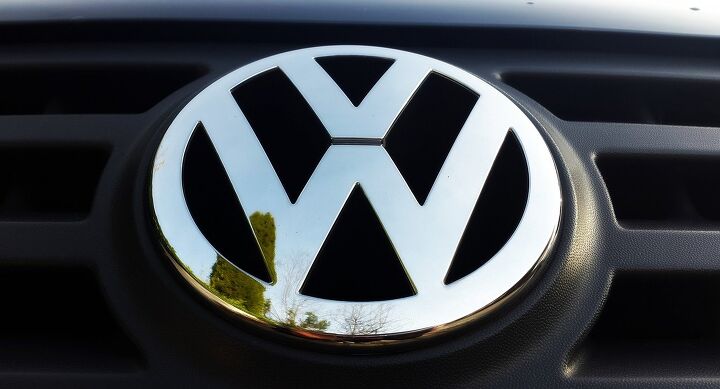
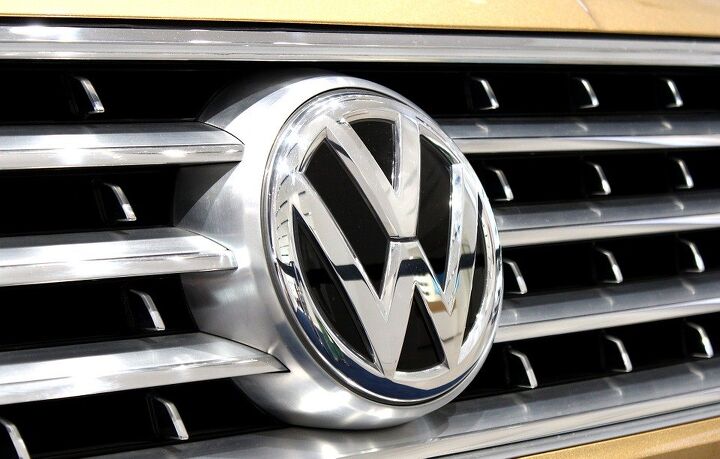

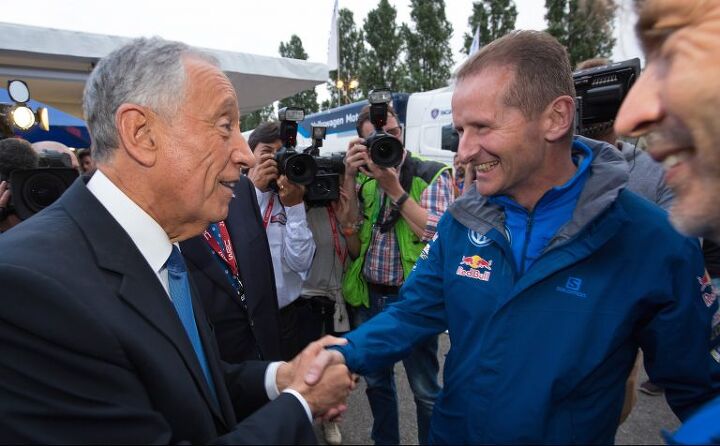

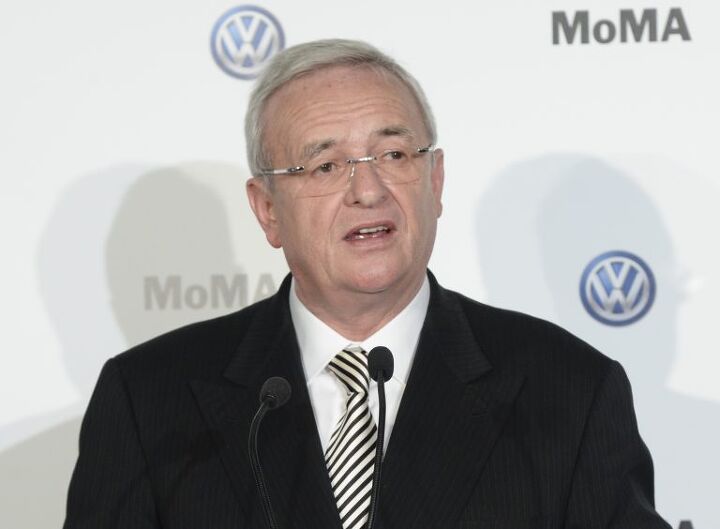

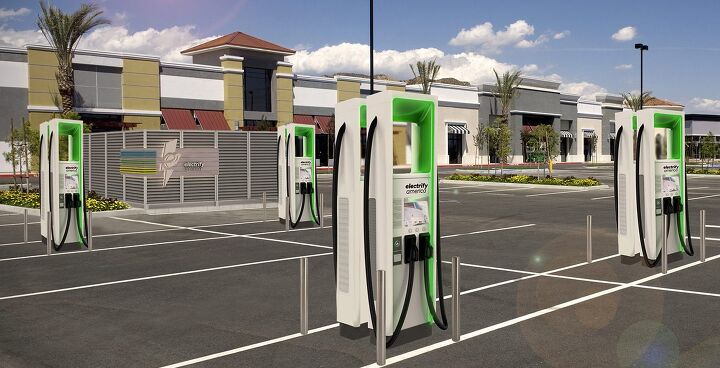
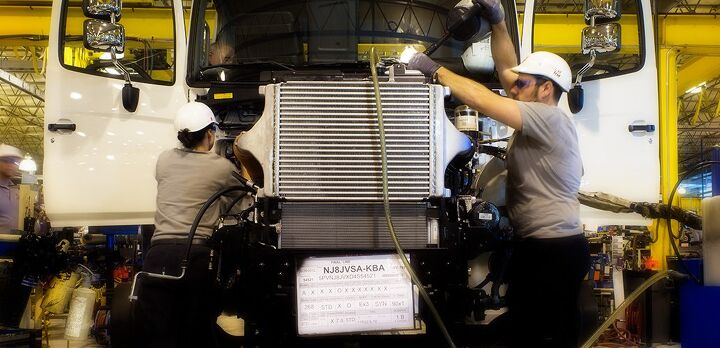
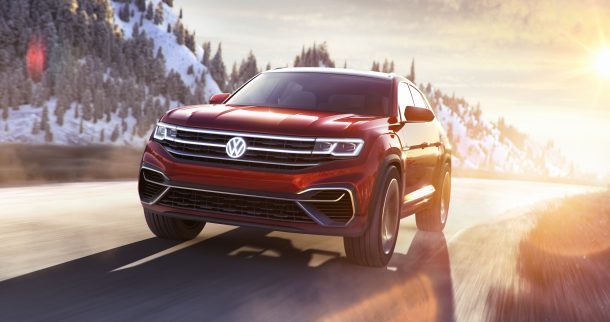


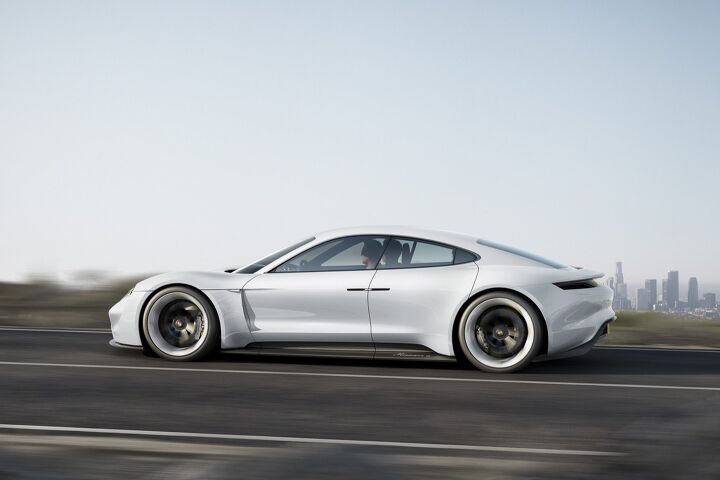












Recent Comments